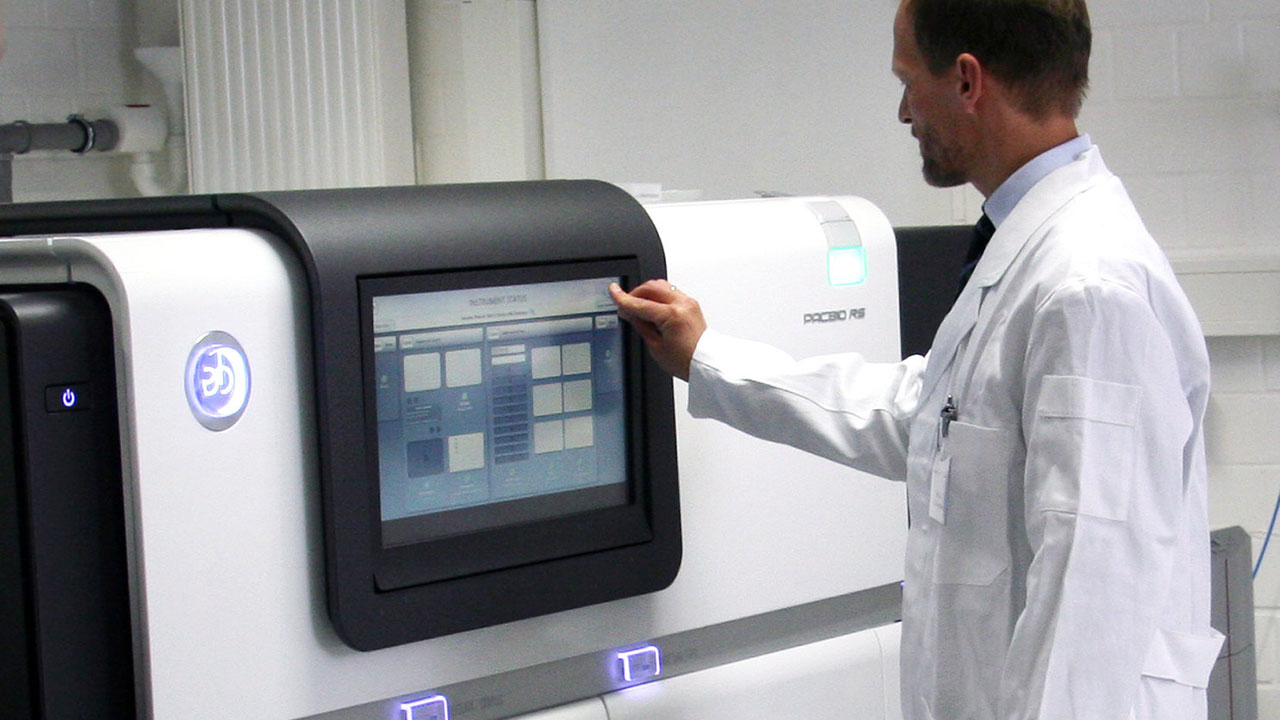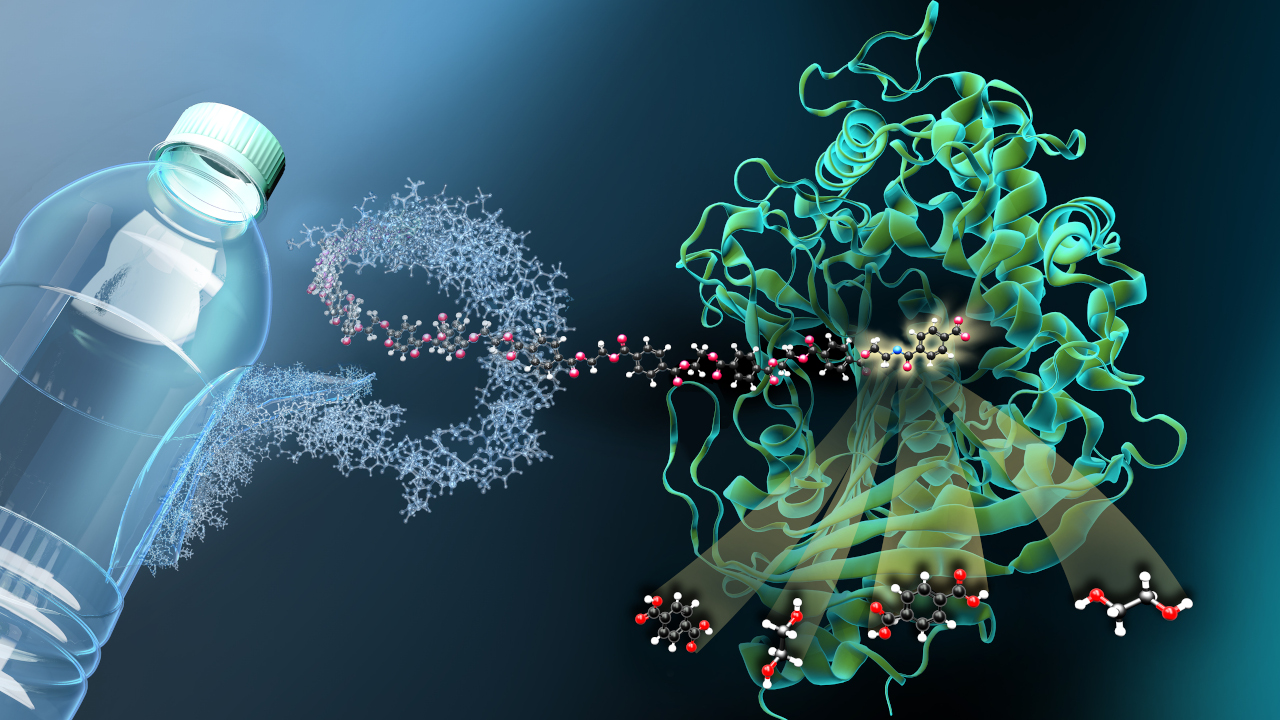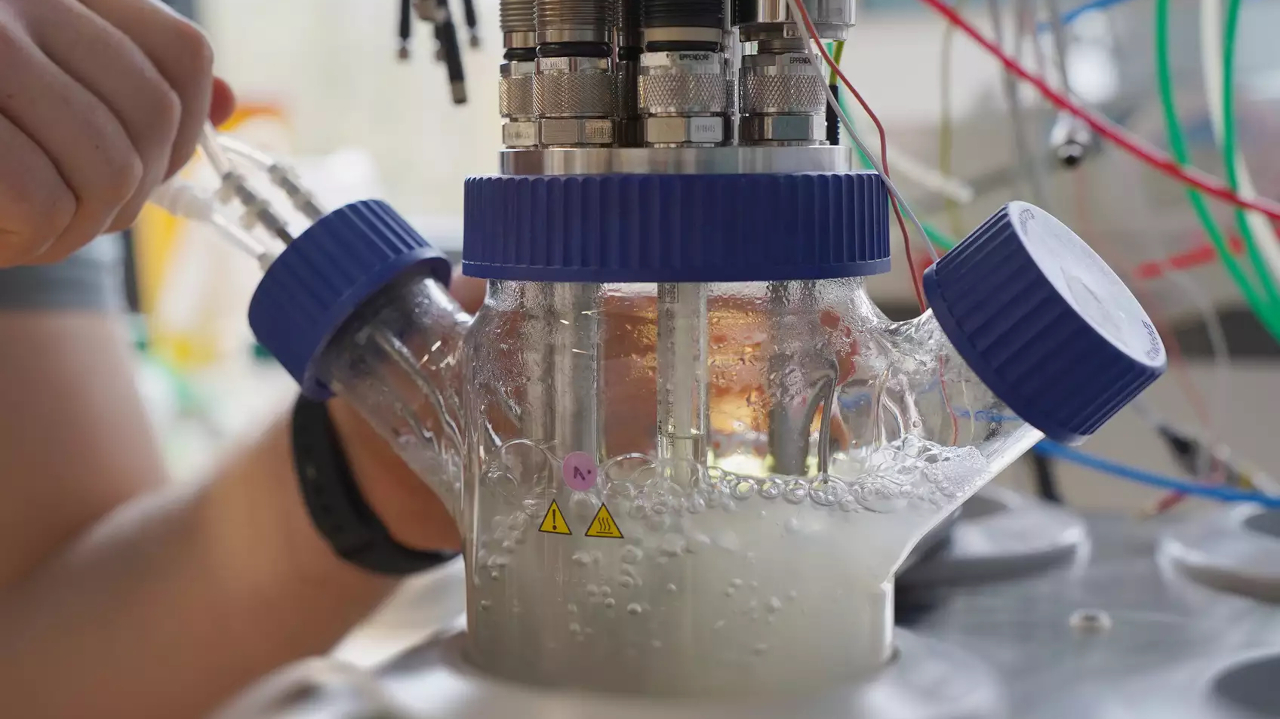Large-scale inventory of microbial knowledge launched
The National Research Data Infrastructure for Microbiota Research has begun to create better data management nationwide.

The National Research Data Infrastructure for Microbiota Research (NFDI4Microbiota) aims to structure microbiology data and thus make it more accessible. This is intended to help research teams leverage the data and organize their own data so that it is accessible to other research groups. The project, which is funded by the German Research Foundation (DFG) to an annual tune of 85 million euros, aims to support up to 30 consortia over five years to pave the way for better data management nationwide. In July, the DFG had announced that one of these consortia would be Microbiota Research.
Making data more accessible
"Only when microbial data are internationally available and intelligently usable can biodiversity be explored and scientific collaborations thrive!" explained the scientific director of the participating Leibniz Institute DSMZ-German Collection of Microorganisms and Cell Cultures in Braunschweig, Jörg Overmann. Accordingly, the core tasks are to make data accessible, to develop tools for data analysis, to create standards for data and metadata, and to set up training programs. Furthermore, it is planned to network with other consortia of the National Research Data Infrastructure in order to find common standards and to develop common solutions.
Advantages for basic and applied research
The overall goal of these measures is to enable microbiology researchers to effortlessly translate existing research data into a deep understanding of microbial species and their interactions at the molecular level. This should also accelerate practical applications such as research into new pathogens or the development of biotechnological processes.
Ten partner and more than 50 participating institutions
In addition to the ten partner institutions, more than 50 institutions are participating in the consortium. NFDI4Microbiota is coordinated by Alice McHardy from the Helmholtz Centre for Infection Research HZI and Konrad Förstner from the ZB MED - Information Center Life Sciences.
bl


